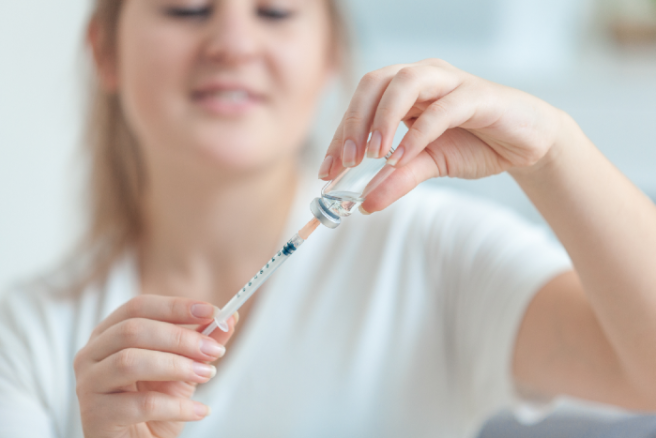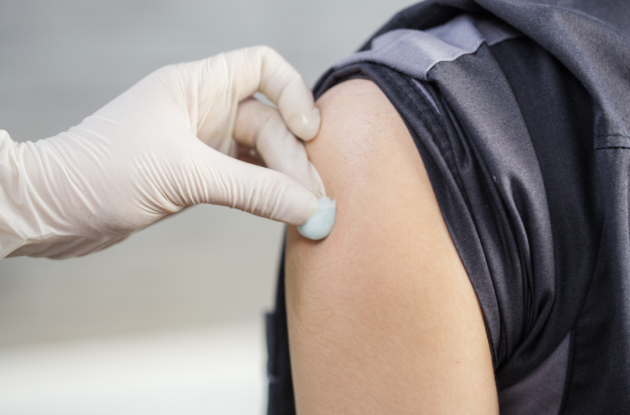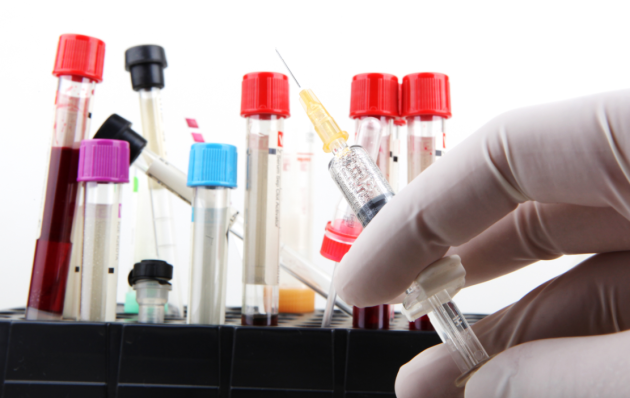
Using expired condoms during sex: Exactly how risky is this game?
Has anyone else got a stash of (extremely) dusty condoms from your college days, or just from when you nicked them from random clinics or health stalls in school? Us too.
Condoms have an expiration date on them, in case you weren't already aware, but what exactly happens to condoms if you leave them in the packaging in a darkened drawer for too long?
The last thing you need when you're getting frisky is to realise that your contraceptive is on its last legs…but would an expiry date really dash your hopes of having penetrative sex?

Well, condom materials (latex, polyurethane and lambskin) will degrade and become brittle over time according to Nerys Benfield, DM, MPH.
The renowned gynaecologist from Albert Einstein College of Medicine, Montefiore Medical Center spoke to Refinery29 about wearing expired condoms, and we definitely don't think it's worth the risk.
When condoms are less flexible, they break or tear more easily. Using an expired condom leaves you at greater risk of contracting a sexually transmitted infection or getting pregnant, Dr. Benfield says.
Still feelin' horny? We certainly don't.
"Despite all the risks, both partners will benefit from using an expired condom versus no condom at all," Dr. Banfield says.
If you store the expired condom in a cool, dry place, it works better than no protection at all. If you can't get any new condoms, the expired one is still your best bet.
Most latex and polyurethane condoms will have an expiration date of about five years past the manufacture date, so they last quite a long time. We hope you can update your stash in five years, though?
Polyisoprene condoms usually have a shorter shelf-life, but are still usable for about three years. Non-latex natural condoms, e.g. made from sheepskin, have a shorter lifespan and won't protect against many STIs.
Be sure to check your condoms in case any holes or tears have damaged them. If there isn't an expiry date on the packaging or you can't read the date, toss it out. Trust us, better safe than sorry.
So many pleasurable sexual activities don't involve penetration; oral sex, digital sex, mutual masturbation, using sex toys, touching, kissing or just good old-fashioned cuddling.
These activities don't need condoms, so don't panic if your dusty ones aren't salvageable. Get creative and expand your horizons.

Feature image: Instagram/@iambiancaharris














